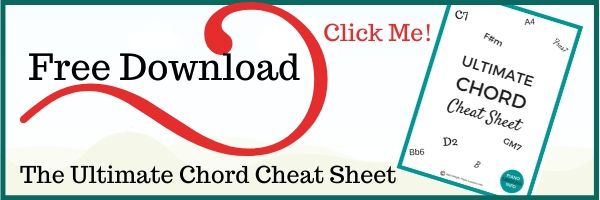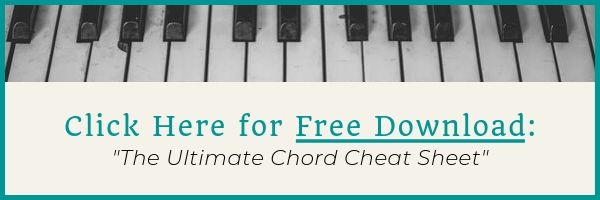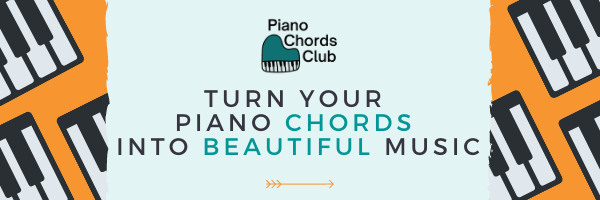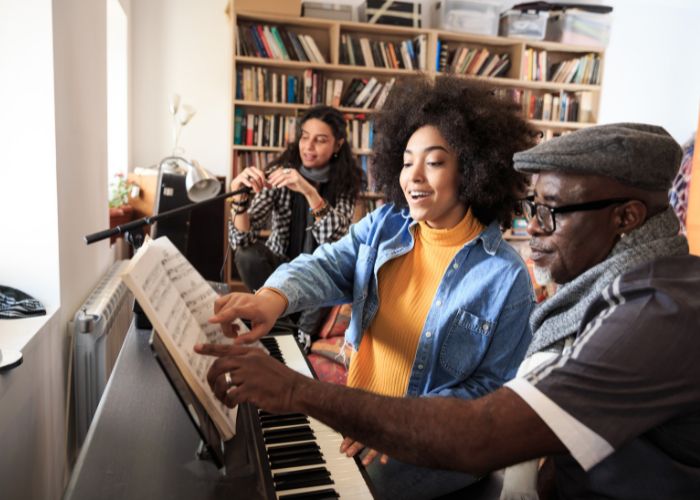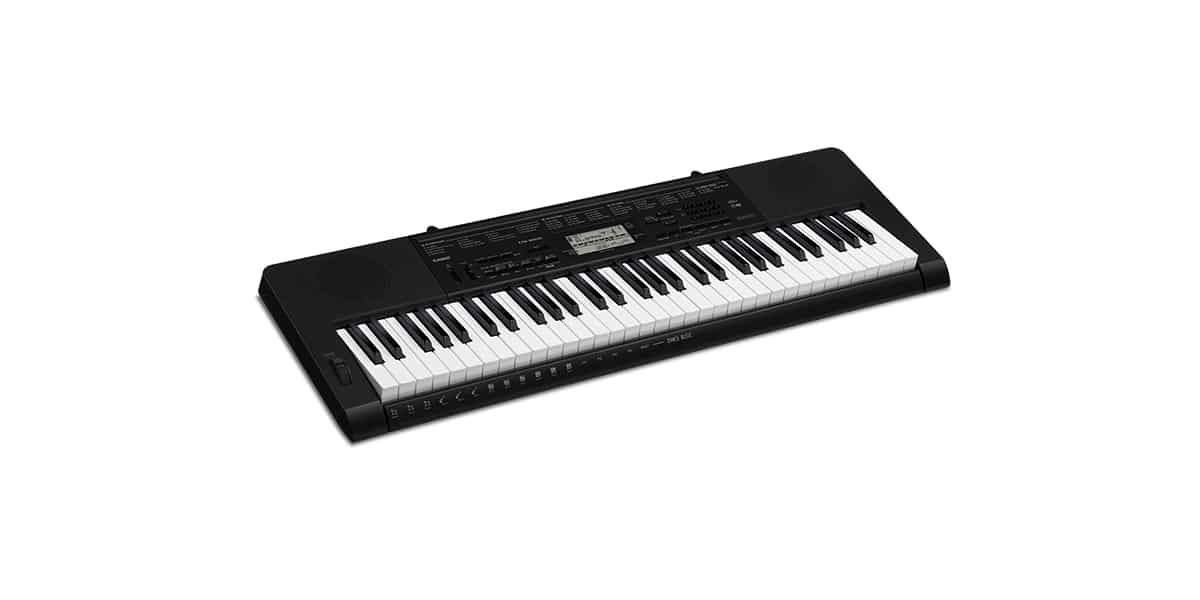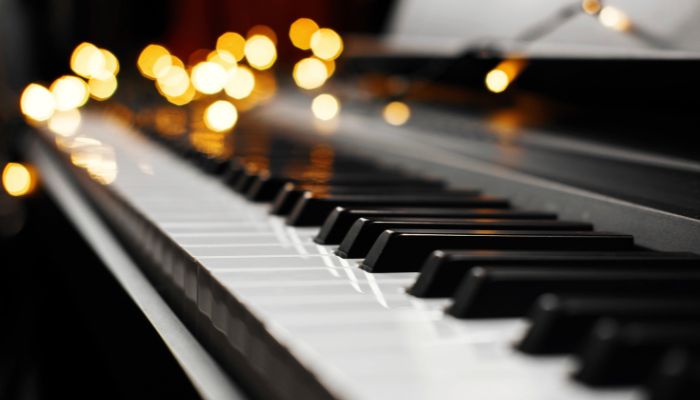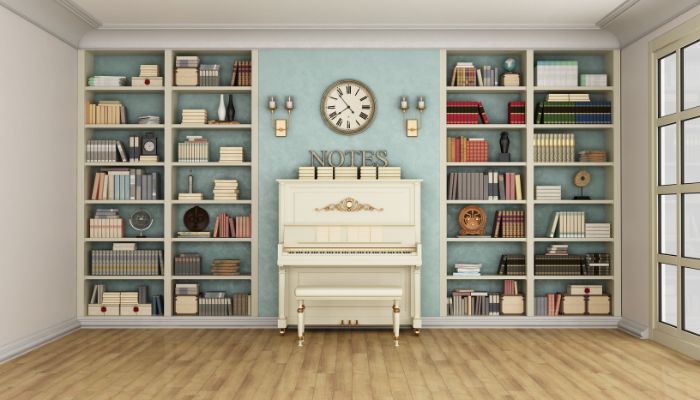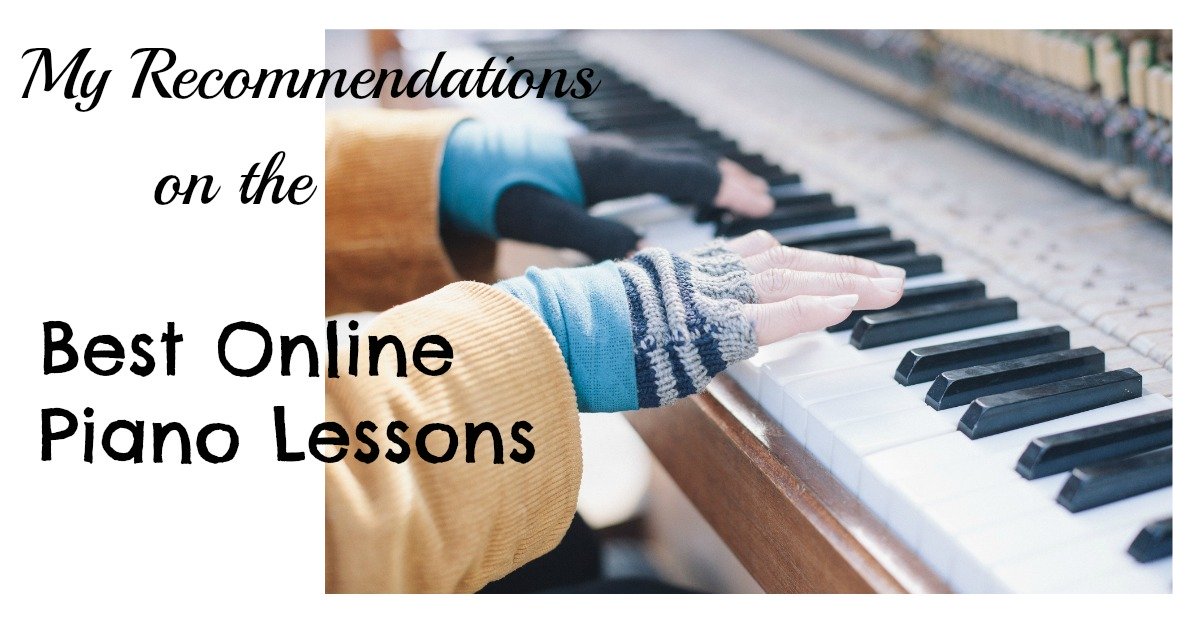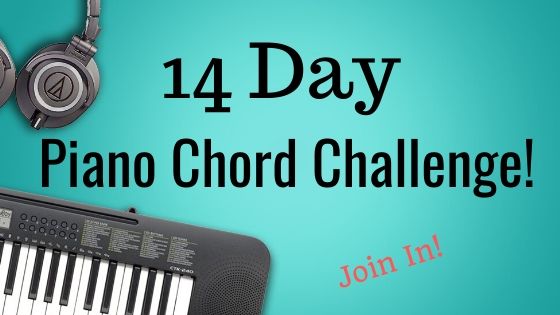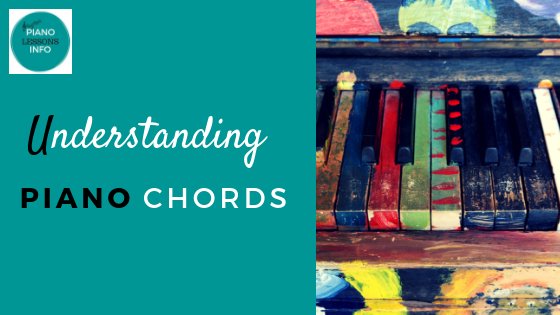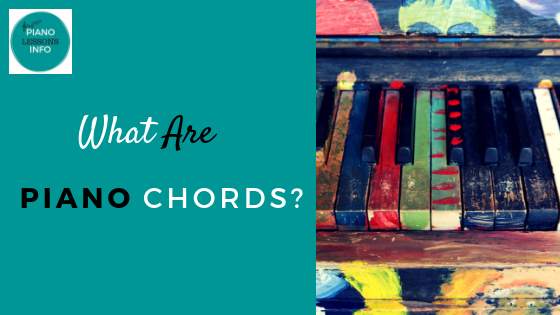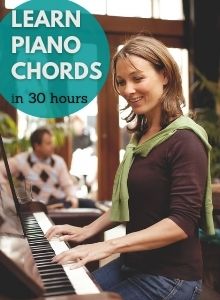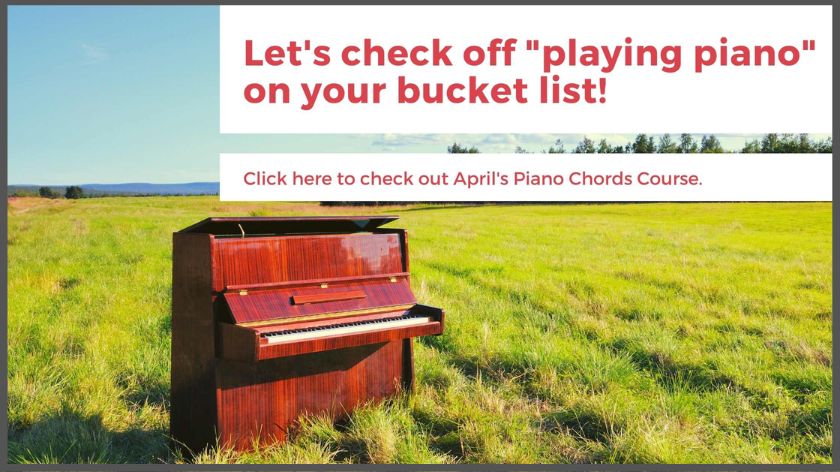How Good Should You Be At Piano After One Year?
Learning to play the piano is an exciting journey that requires trying something that seems a little hard, dedication, practice, and patience.
As a beginner, it's natural to wonder how good you should be at piano after one year of learning. Progress does depend a a few key things like age, individual differences, and most importantly, the amount of practice time invested. So let's go into that and the level you can expect to be at for both kids and adults learning piano.
Some Factors To Keep in Mind When Assessing Piano Progress
After one year of consistent practice and guided learning with a teacher, a beginner should ideally progress from playing simple tunes to more complex pieces that involve both hands and demonstrate a degree of musical expressiveness. However, the exact level of proficiency can vary greatly depending on several factors:
- Age of the Learner: Younger children tend to progress slower than older children and adults can learn in one year what children may learn in 3 years. Teens also progress quite quickly in their first year compared with children.
- Prior Musical Experience: Learners with previous musical experience or those who play another instrument typically progress faster due to their pre-existing understanding of musical concepts.
- Quality of Instruction: The guidance of a competent teacher is can have a big impact on a learner. This doesn't always mean how great the teacher is at playing but how well they connect with students and moving through material at a reasonable pace.
- Practice Regime: Consistent, focused practice is vital. Any practice at all moves a student forward and the more practice takes place, the faster you'll understand concepts, be able to play them and move on.
- Personal Commitment: Lastly, the learner's motivation, passion for music, and patience play a significant role in their progression.
Piano Progress Expectations After One Year
After one year of learning the piano, your progress will really reflect how much you practice and how consistent you have been.
It's important to remember that mastery of any skill takes time, and everyone progresses at their own pace. Piano also involves a lot of different things - physical movement, reading, coordination, musicality - and sometimes when we combine them all, learning moves slower for some and faster for others.
However, by the end of the first year, most students can typically expect to achieve the following milestones:
- Basic music reading: You should be comfortable reading sheet music and have a solid grasp of fundamental musical notations, such as treble and bass clefs, key signatures, and basic rhythms.
- Technical skills: You would have developed basic finger dexterity and coordination, allowing you to play simple melodies with both hands. Scales may be part of your practice routine.
- Repertoire: You would have built a small repertoire of beginner-level pieces that showcase your progress. These pieces may include simplified classical compositions, popular songs, or exercises specifically designed for beginners.
- Musical understanding: You would have gained a basic understanding of musical concepts like dynamics (volume control), tempo, and phrasing. This knowledge helps in adding expressiveness and musicality to your playing.
Year One Piano Milestones
For both kids and adults, there are a number of milestones we hit throughout the first year of learning to play. Here's a rough outline that reflects the average student in my studio.
Key Milestones:0-6 Months (kids) or 1-2 Months (adults):
- Learn the names of the keys on the piano.
- Develop an understanding of the musical alphabet.
- Understand basic rhythm patterns and time signatures.
- Start learning simple songs with one hand.
- Begin learning to read sheet music.
Key Milestones:6-9 Months:
- Develop a stronger understanding of key signatures.
- Learn to play simple pieces with both hands.
- Continue improving sheet music reading skills.
- Understand and play basic chords.
- Begin sight-reading simple pieces.
Key Milestones:9-12 Months:
- Understand and play more complex chords and progressions (adults only).
- Deepen understanding of music theory.
- Learn and play pieces with a wider range of dynamics and articulation.
- Begin to explore the pedal.
These milestones are not set in stone and some will depend on the type of book someone is learning with. So if your child doesn't use the pedal within their first year, that's not a big deal. What you really want is to keep moving forward.
Kids Actually Learn Slower - Especially Young Ones
It's worthwhile to recognize that children, especially younger ones, may learn at a slower pace due to various things like attention span, physical development, and learning to read and understand numbers.
If you feel like your child is progressing too slowly, consider the following:
- Are they practicing? Younger ones will take longer to learn piano and have shorter practice times but practicing at least 4 days per week for 10-15 minutes is a good minimum to aim for. (Yes, sorry, I said minimum.) :)
- Patience and encouragement: Encourage the child to persevere and remind them that progress takes time. Reinforce their efforts and celebrate even the smallest achievements to maintain their motivation.
- Age-appropriate teaching methods: Young children often benefit from engaging, interactive, and age-appropriate teaching methods. Incorporating games, visual aids, and short practice sessions can help sustain their interest and make learning more enjoyable.
- Individualized approach: Recognize that every child is unique and learns differently. Adjust the teaching style to suit their strengths and weaknesses. Some children might require more repetition or slower progression to solidify their understanding and skills.
Real World Examples:
Just to give you an idea of the individual differences in learning, this is some of my experience in teaching kids over the past 10 years.
- older kids (9 and 10) can learn in one year what younger kids (6 and 7) can learn in 3 years
- kids who practice learn at over double the speed of kids who don't or kids who rarely practice
- I've also have one student who learned in 6-9 months what others learned in 3 years - similar ages and abilities but very different practice styles
- teens can learn beginner piano information very quickly but get sidetracked easily if not focused on practicing
Adult Piano Progress Expectations & What Gets in the Way
While adults generally have a better attention span and can understand and take up information quickly, their progress may vary due to factors such as prior musical experience, motivation, and the amount of practice invested.
Adults who want to find themselves progressing quickly after one year can consider the following:
- Dedicate consistent practice time: Regular and focused practice is crucial to accelerate progress. Aim for a minimum of 30 minutes to an hour of daily practice, or more if possible. Consistency is key.
- Set clear goals: Establish specific goals for what you want to achieve within the year. Break them down into smaller, manageable milestones to track your progress effectively. This can help maintain motivation and provide a sense of accomplishment.
- Get a teacher: Consider working with a qualified piano teacher who can provide personalized guidance and challenge you with appropriate repertoire and techniques. A teacher can help you make the most of your practice time and ensure you're on the right track. They also keep you accountable.
That all being said, there is one real thing that gets in the way for adults that doesn't for children and that is life. I have taught many adults over the years who cancel lessons due to work, family, events or just being tired. All these are legitimate reasons but it's in stark contrast to children as they rarely miss lessons for any reason other than illness.
This highlights where piano lives on the list of priorities. So I would say, if you really want to learn piano, make it your priority. Create habits of practice and a consistent learning routine as that has a huge impact on your ability to play piano after one year.
Frequently Asked Questions: The First Year of Learning Piano
What should I expect in my first year of learning piano?
What should I expect in my first year of learning piano?
Expect to cover basics like understanding the layout of the piano, playing simple scales and chords, reading sheet music, and playing simple songs. By the end of the first year, you should be able to play read some music, play with both hands at the same time and play songs that are more interesting to play than the very beginner songs (that are a bit boring).
How long will it take to play a song on the piano?
How long will it take to play a song on the piano?
This depends on the complexity and difficulty of the song and the frequency and quality of your practice. Many beginners can start playing simple songs or parts of them within a few weeks or months of starting lessons. With the books I use for beginners, many kids and adults learn one or two songs per week and they might need an extra week to practice or not.
How much should I practice as a beginner?
How much should I practice as a beginner?
Consistency is key when starting to learn the piano. Aim for 15-30 minutes of focused practice daily. As you progress, you may want to extend your practice time.
Can I learn the piano without a teacher?
Can I learn the piano without a teacher?
While it's possible to learn on your own using online resources, a teacher can provide valuable guidance, correct your mistakes early on, and help you progress faster and more effectively.
Do I need to know how to read sheet music to play the piano?
Do I need to know how to read sheet music to play the piano?
While it is possible to learn to play by ear or using chord just chords, reading sheet music opens up a vast repertoire of songs and is a valuable skill for any pianist. Most teachers will introduce this early in your learning journey.
Is it necessary to learn scales when beginning piano?
Is it necessary to learn scales when beginning piano?
Yes, learning scales is important. They help you understand key signatures, improve your finger technique, and aid in understanding the structure of music.
When will I start playing with both hands?
When will I start playing with both hands?
Typically, you will start playing with both hands within the first few months of starting lessons. Initially, this might feel challenging, but with regular practice, it will become more comfortable. And then we add the pedal. :D
I’m not progressing as quickly as I thought. Is this normal?
I’m not progressing as quickly as I thought. Is this normal?
Absolutely, everyone learns at their own pace and it's important to be patient with yourself. Consistent, focused practice is more important than rapid progress. If you're feeling stuck, it can be helpful to discuss this with your teacher.
Remember, learning the piano is a marathon, not a sprint. Enjoy the process of learning and making music, and progress will follow in its own time.
The progress one can expect after one year of learning the piano depends on several factors, with practice being the most influential element. Regardless of age, consistent and focused practice is essential to make significant strides in your piano-playing journey.
Remember, learning the piano is a process, and everyone progresses at their own pace. Embrace the joy of learning, celebrate your achievements along the way, and stay committed to your musical growth. With time, patience, and practice, you'll continue to improve and develop your skills as a pianist.
Recent Articles
-
Piano Notes Chart
Nov 20, 23 10:21 PM
Find a piano notes chart for treble clef and bass clef notes as well as the different types of notes. -
D Chord on Piano + Diagram, How To & Theory
Oct 24, 23 12:20 AM
Learn how to play the D chord on piano with diagram, fingering, D/A, D/F# and a theory explainer. -
Diminished Piano Chords: Chart & How to Make Them
Oct 09, 23 09:23 PM
Learn the different diminished piano chords and how to make them. Here you'll find both a diminished chord chart and an explanation.
- Home
- Beginner Piano Guide PDF
- How Good Should I Be At Piano After 1 Year?
